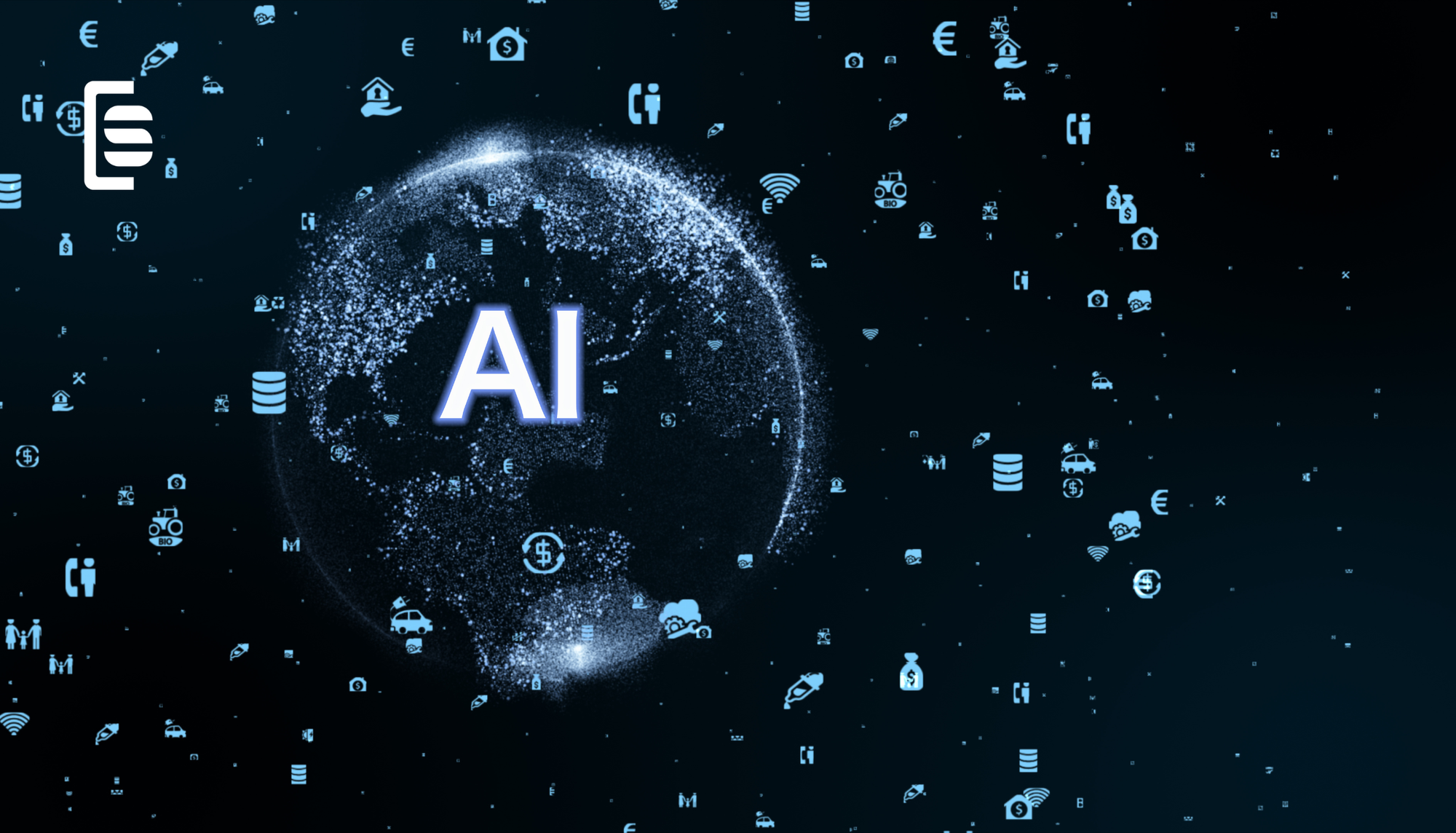For indie publishers, the world of publishing is filled with opportunities—and challenges. One of the most pressing issues today is the intersection of Artificial Intelligence (AI) and copyright.
As stewards of creative content, indie publishers need to navigate this complex terrain where AI companies use copyrighted works to train their algorithms often without consent or compensation.
⚠️ Please note: This article is for informational purposes only and does not constitute legal advice. The author is not a lawyer. For specific legal matters, please consult a qualified legal professional.
Understanding the Implications
At the core, copyright is straightforward: authors own their intellectual property by the sheer act of publishing. Yet, AI companies are feeding their systems with vast amounts of text, notably including copyrighted books, to improve their models.
It's alleged that even pirated books are part of this data frenzy, raising serious ethical and legal concerns.
The Fair Use Debate
AI companies claim a fair use defense, arguing transformation of the material into something new for AI training. However, indie publishers, alongside authors, recognize the threats: unfair exploitation of creative works, potential financial impact due to market saturation with AI-generated content, and the ethical dilemma of using someone’s craft without acknowledgement or reward.
Transparency and Control
One significant issue is the lack of transparency. Without knowing if or when an author's work is being used in AI training, publishers find it difficult to protect their authors' interests. Furthermore, the line between human-written and AI-generated content can be murky, complicating the marketplace for both sellers and consumers.
Action and Advocacy
Indie publishers are not passive observers in this scenario. Organizations such as the Authors Guild are spearheading legal actions and advocating for regulations that demand permission and payment.
Indie publishers can support these efforts while also adopting proactive measures, such as introducing AI-related clauses in publishing agreements to protect authors’ rights.
Looking Ahead
As this situation develops, indie publishers must stay informed and adapt. By participating in the broader conversation around AI and copyright, and by defending authors' rights, publishers can contribute to a fairer and more transparent future for creative works.
The evolving landscape of AI and copyright requires vigilance and action. Indie publishers have a crucial role in safeguarding the value and integrity of creative content in this digital age.
